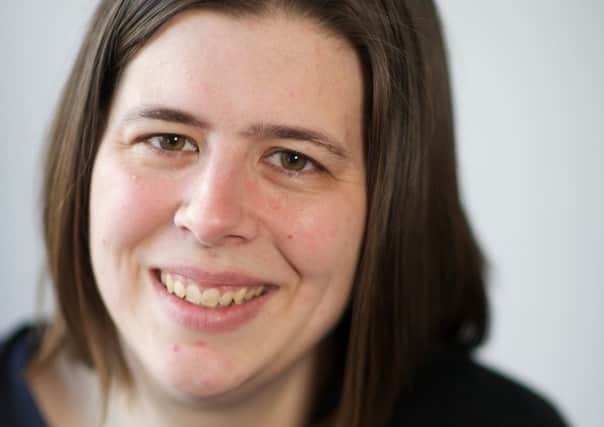Dr Corinne Greasley-Adams: Should we pay people to take part in university research?


The use of co-production – the process of partnership-working between universities and community members in designing, undertaking and sharing the findings of research – is particularly popular in projects aiming to shape policies and practices in health and social care.
The success of such projects requires a significant investment of time, as well as the skills, knowledge and experiences of individuals directly affected by the topic.
Advertisement
Hide AdAdvertisement
Hide AdFor example, in 2016-17 the University of Stirling worked with 30 older people to research what makes a good life in later years. These volunteer community researchers worked alongside the university team at each stage of the project, including designing the approach taken, undertaking the research, making sense of the data and sharing the findings.
A significant time commitment was asked from each person over a 12-month period, including attendance at 10 full-day meetings and at networking events and conferences, as well as the opportunity to attend a celebration of the project at the Scottish Parliament.
One question that arises when reflecting on such projects is if financial remuneration should be paid for the time committed. It is well known that the demands on volunteer time are high. It has become normalised for volunteers to play a central role in the efficient operation of many different organisations and services, and co-produced projects are competing for this valuable time.
At the heart of such projects is the underlying principle of ensuring equality. For some, that equality should be fostered through paying people for their time. However equality is not necessarily determined by financial status and, in some scenarios, financial remuneration can undermine the possibility for equality of opinion.
As an employee, there can be a perceived obligation to strive for the common goal of the employer and colleagues, rather than feel free to follow an individual agenda. Yet it is those very individual and community agendas that need to be captured and represented in co-produced projects.
As volunteers, individuals are free from the constraints of any employer-employee expectation and have increased freedom to drive their own agendas into the research. In contrast, if financial remuneration is made, are we imposing an unnecessary barrier to equality of opinion in a way that is counter to the overall aims of such approaches?
What’s more, we cannot deny the existence of social divides that, despite efforts to dispel them, continue to exist between academic environments and certain communities.
Remunerated positions would only be desirable for those who already feel empowered and able to engage with such institutions. If the aim of such projects is to gain a better understanding of the real lived experience, then surely consideration of diversity is needed and approaches need to be free from such restrictions.
Advertisement
Hide AdAdvertisement
Hide AdEngagement should be at a level that is desirable and matches the expectations of all those who may wish take part. Within the A Good Life project, it was identified that those taking part were happy not to receive financial payment for their time, but benefited in other ways by becoming involved. There was true and equal partnership-working, with adequate reciprocal benefits for all.
Of course, it is true to acknowledge that for some, engagement in these types of opportunities might only be possible if some form of payment is available. However, payment can be detrimental and a direct barrier for others – for example, people who are on income-assessed benefits.
So the question of whether these roles should be voluntary or paid is a complex one. Across universities, a combination of approaches could be used to reflect the diversity and choice of those that might wish to engage. In larger projects there may be scope to offer both paid and voluntary options but in smaller projects a decision about one approach over another might be needed.
Only through consultation and discussion in the design process is it possible to identify why people might want to engage in such projects. This enables projects to be designed accordingly, to offer those elements that are important for meaningful engagement.
It is more than likely, where diversity is to be captured, that the reciprocal benefits of engagement are multiple and the discussion of payment versus non-payment is only one of a number of aspects that will have to be addressed in research design.
Dr Corinne Greasley-Adams is a research fellow at the University of Stirling.